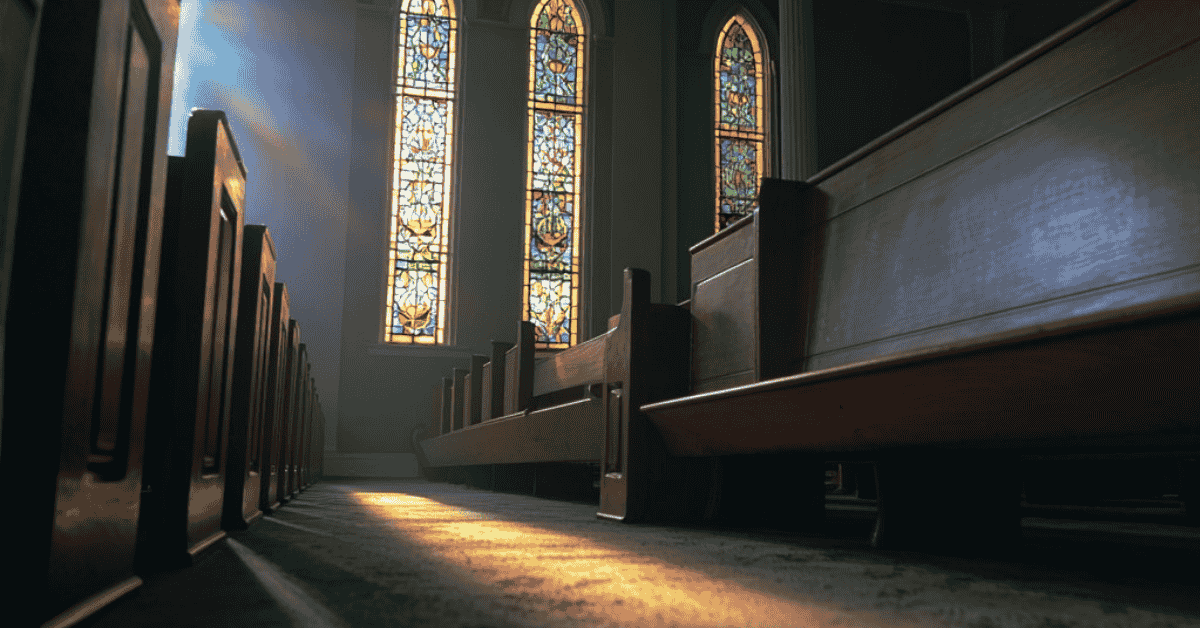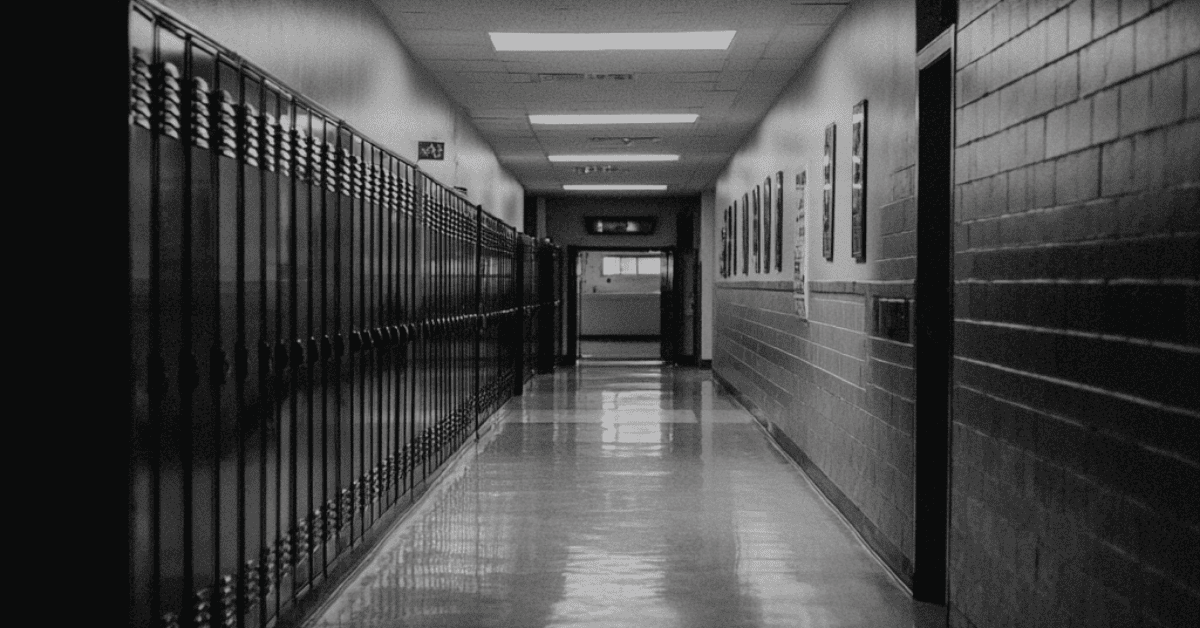Can You Heal Without Speaking Out? What Male Survivors Struggle With
Some of the hardest conversations are the ones we never say out loud — not even to ourselves.
For many male survivors of childhood sexual abuse, there’s a question that lingers in the shadows: Do I need to speak out to heal?
The world rewards those who talk. The ones who “come forward,” who report, who break the silence. But what if that’s not your path? What if silence is the only thing keeping you steady?
This isn’t about cowardice or avoidance. It’s about survival. And survival looks different for everyone.
If you’re a man who’s lived through sexual abuse — or you love someone who has — it’s time to talk honestly about the quiet struggle behind the silence. Not every survivor wants to report. Not every man wants to explain, relive, or defend his pain. And that doesn’t mean healing is out of reach.
Sometimes, just knowing that healing is possible — even without telling anyone — is the first step toward peace. If you ever need confidential guidance or want to ask legal questions without going public, you can talk to someone privately at a law firm that respects your story and your privacy.
The Silence Men Carry
From the time we’re little, boys are given one message on repeat: Be strong. Don’t cry. Shake it off.
So what happens when the thing that broke you is the very thing no one prepared you for?
Sexual abuse flips your world inside out. And for boys, the shame hits harder because of what masculinity is “supposed” to look like. When it happens, many don’t even have the language to describe it. Some don’t recognize it as abuse until years later. And almost none of them feel safe talking about it.
Because what would they even say?
- “It happened when I was just a kid, and I didn’t know what to do.”
- “I was too scared to stop them.”
- “I feel disgusting, and I don’t know why.”
- “I think about it every day, but I’ve never told a soul.”
This is the silence men carry. A silence filled with guilt, confusion, and fear of being seen differently — or not believed at all.
For decades, many male survivors have chosen to push it down. Focus on work. Build families. Distract themselves. And for some, that works… for a while.
Do You Have to Speak to Heal?
Here’s the truth: No, you don’t have to speak out to heal.
Not to the media. Not to law enforcement. Not even to your family.
This idea that healing only comes from reporting or public testimony is false — and incredibly damaging. It keeps survivors trapped in shame, thinking they’re “not doing enough” to move on.
But healing isn’t loud. Healing isn’t linear. And healing sure as hell isn’t performative.
What it is… is personal.
Some survivors write their story down and never show it to anyone. Others find peace through journaling, therapy, meditation, or reconnecting with their faith. Some simply allow themselves to acknowledge — for the first time — that what happened wasn’t their fault.
And that’s enough. That’s healing.
Still, there’s a difference between healing quietly and bottling it up. Private recovery is valid, but silence that festers can cause its own kind of damage.
So ask yourself: Is my silence protecting me? Or is it slowly suffocating me?
If part of you wants to know what options exist — even just legally — there are ways to explore your rights discreetly and safely, without risking exposure.
When Silence Feels Safer… But Pain Lingers
Coping in silence can feel like strength. You’ve survived this long. You’ve held it together. You’re not falling apart — at least not on the outside.
But silence doesn’t always mean healing.
Many male survivors struggle with symptoms they don’t even realize are connected to their abuse:
- Nightmares that come out of nowhere
- A constant, low-level anger or irritability
- Trouble connecting emotionally with partners
- Difficulty trusting people — even those closest to them
- A shame that sits in the gut and never quite goes away
You may never have said the words out loud. You might not even be able to. That’s okay.
But if the pain is showing up in your relationships, your body, your work, your sleep — it’s not something you can just out-muscle.
And here’s the most important thing: You are not weak for needing help. You’re human.
Even if you choose not to speak out publicly, you deserve to feel safe in your own skin again. And it is possible.
“I Don’t Want to Report — But I Want It to Stop Hurting”
This is a place where many survivors get stuck. You may not want to press charges. You may not want your name in a file or your story in a courtroom. But you’re tired of carrying it.
That’s valid. And you’re not alone.
There are therapists trained to work with male survivors — quietly, privately, and without judgment. There are also survivor support groups where you don’t have to talk until you’re ready. You can just listen.
For some, just being in a room (or a Zoom call) with other men who get it is enough to open something that’s been locked for years.
Healing doesn’t mean dragging yourself through hell all over again. It means not letting the past have the final say.
And if at any point you do start wondering whether there’s something you can do legally — whether that’s filing a civil case, getting information about your abuser, or just learning your rights — you can hold your abuser accountable without going public.
You decide if, when, and how.
The Question Isn’t “Will You Speak?”
The question is: What do you need to heal — on your terms?
You don’t owe anyone your story. Not your family. Not your church. Not the public. And not the person who hurt you.
Some survivors speak out and feel empowered. Others stay silent and reclaim their power in different ways. Both are valid. Both are brave.
And if you’re still figuring it out? That’s okay, too. You don’t have to know everything right now. You just have to know this:
- You are not broken.
- You are not to blame.
- You are not alone.
And when you’re ready — really ready — there are people who will meet you in that quiet space and walk with you toward whatever comes next. No pressure. No expectations.
Just options.
Your Healing. Your Choice.
You don’t need to explain why you stayed quiet.
You don’t need to justify why you never told anyone.
You just need to know that healing is still possible — even if no one ever hears your story but you.
And when you’re ready, someone will be there to help you carry it.



